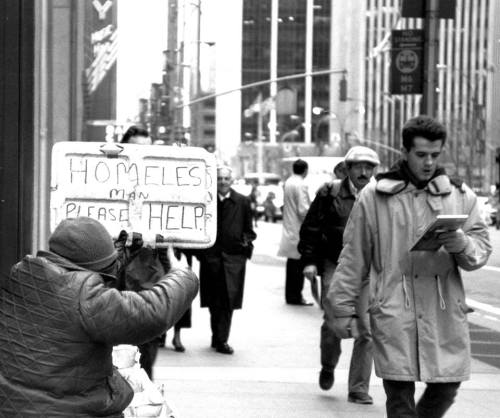The following correspondence is from Thomas McKanna, who is taking my Social Justice seminar at Maryville University. He wrote a reflection on The Book of Mev to his friend Matthew.
Hi Matthew,
As I told you at the beginning of the school year, I’m taking a course called “What do you stand for: a look at social justice” in which I am asked to write reflections on certain books and send them to a friend or family member. I have just finished reading The Book of Mev (which was written by my professor) and would like to share my reflection with you.
The Book of Mev is the story of how Mark Chmiel (my professor) fell in love with Mev Puleo, who was an advocate of social justice and went on many trips out of the country to places like Brazil to document human rights abuses. Mev was diagnosed with a brain tumor and died at age 32, not very long after marrying Mark. The book is organized into over 100 small chapters, some focusing on the story of Mark and Mev, others on accounts of human rights abuses, and many somewhere in between. Now that you have a little context, I am going to tell you what I personally got out of the book.
What surprised and disturbed me was the multitude of instances in the book where someone or some group trying to help the poor and oppressed are themselves killed, oppressed, or exiled. I could fill up multiple pages with examples, but I’ll just summarize a few: (1) Chico Mendes was a union organizer in Brazil who tried to defend the rainforest and the indigenous people who lived there. He was assassinated in 1988 (p. 82); (2) In 1989, six Jesuits in El Salvador were murdered for defending the rights of the poor (p. 172); (3) In 1991, thousands of defenseless Timorese marched for the cause of Timorese independence and were brutally massacred by the Indonesian army (p. 161).
Before reading The Book of Mev, I did not comprehend the scale of human rights abuses in the world. Growing up in St. Louis County shielded me from seeing widespread suffering (and still does). Other than images on television, I never saw people being oppressed in such terrible ways. I think that reading this book has showed me the importance of knowing what’s going on in the world and not standing idly by.
In addition to all the disturbing instances of human rights abuses, I was captivated and torn by the story of Mev. She was the type of person who was never afraid to speak, to be the center of attention. She went on trips to many countries (mostly in Central/South American) to witness and document poverty and oppression. Mev was also a photographer, and The Book of Mev is filled with her photos. I want to show you one that stood out to me (from p. 226):
So a homeless man asks for help as people walk by, ignoring him. This epitomizes oppressed people’s cry for help falling on deaf ears, the kind of thing that happens daily around the world. Think of how long the Jew’s oppression was ignored before anyone stepped in to help. Six million lives too late.
Mev was diagnosed with a grade 4 glioblastoma brain tumor, which is just about the worst kind to have. People diagnosed with this are expected to die within 6-9 months. The tumor affected her speech (but not comprehension) and ultimately resulted in Mev losing control of the left side of her body. As she deteriorated, she was literally losing hundreds of words in her vocabulary each day. Before the tumor, Mev spoke multiple languages; her biggest strength was speaking. Mark compared Mev’s torment to Beethoven losing his hearing, which I know you can understand as a musician.
What saddens me so much is that such a great, fearless, and driven person who helps humanity can be taken out of this world in such a terrible and unexpected way. The type of person this world desperately needs being unfairly ripped away. Working through the book was a huge reminder of how precious life is and that although we might feel secure today, tomorrow could be our death.
Reading about Mev, I feel as if I know her in a way, and have learned from her; learned to always remember what you are grateful for, to stand up for your beliefs, and to “Be in love with yr life.”
I hope Georgia is treating you well today.
All the best,
Thomas
